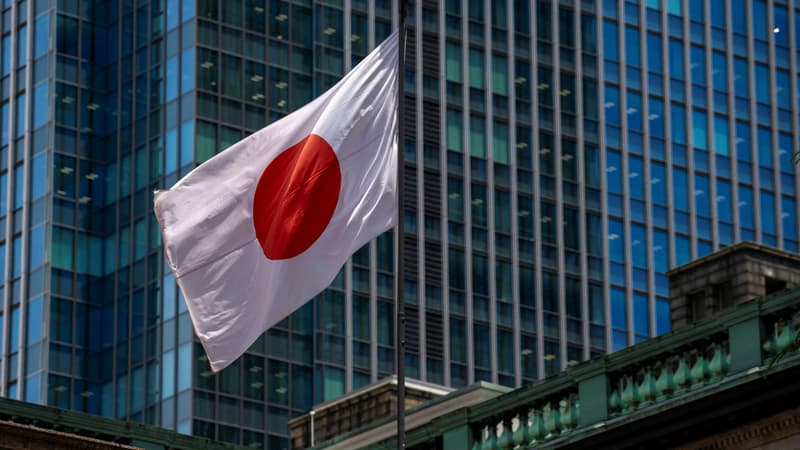If beer no longer flows in the Earth of the growing sun, computer viruses are circulating in total freedom. Japan has faced an imminent shortage of Asahi Super Dry, the most popular beer in the country, after a cyber attack that forced the beer giant to close most of its thirty national factories since Monday.
The incident has completely deactivated control and delivery systems, resulting in an almost total production stop, without an announced date for a return to normal. But behind this story that may seem fun at that time, “the bankruptcy of computer security systems” causes Japanese anger. In fact, Japan faces a growing wave of cyber attacks that affects both companies and public infrastructure.
Old systems and software
According to a national survey published by the Teikoku Data Bank in May 2025, almost a third of Japanese companies have already undergone a digital attack in 2024. This phenomenon is aggravated by the use of obsolete IT processes. The loss of a USB key that contains personal data of 460,000 inhabitants of Amagasaki, in the Prefecture of Hyogo, in 2022, became emblematic of this technological delay … and security.
The success of deactivated service attacks Deni (DDOS) illustrates, on the other hand, the persistent fragility of the Japanese network, with an increase of 60% in these incidents at the end of 2024 according to Akamai’s technologies. Despite the great experience in electronics and robotics, many government and industrial computers are still operating in old systems or software, due to the lack of investments backed in modernization and proactive culture of cybersecurity.
Lack of qualified people
But the lack of investments in more modern operating systems or software does not explain everything. The main challenge remains the shortage of qualified experts. The country faces today a great shortage of cybersecurity experts, estimated at around 110,000 missing professionals according to an ISC² survey (International Consortium of Information System Security Certification) of 2023, assumed in 2025 by the Ministry of Economy, Commerce and Industry (METE), as part of the presentation of its report on the promotion of cyber professions.
Because, to overcome this foul, Japan has embarked on a great incentive campaign to these careers and training. It seems to begin to bear fruit since the Japanese Ministry itself evaluated the deficit of cyber in 190,000 people in 2020.
In addition, the METI introduced a national security authorization system in May 2025, allowing certain private officials and employees to access confidential information. The METI also promised to duplicate by 2030 the number of cybersecurity specialists certified for advanced skills, increasing its workforce to 50,000 and to strengthen training to meet the growing needs of the country in this area.
An answer … late
After having undergone cyberat waves, in particular, in particular, Japan had been withdrawn by ordering by his American ally in the summer of 2020. Washington had encouraged the Japanese government to strengthen his cybersecurity, since China, Russia and North Korea became increasingly towards the cyber war. Four years later, Yomiuri Shimbun echoed the words of an American official who visited Japan who told a Japanese representative that Cybermes was “too little, too late.”
Therefore, the Japanese archipelago got into motion. To straighten the bar, the country has recently endowed with active cyber defense laws, allowing counterintelligence and an increase in power to external threats. The objective is to anticipate threats before they materialize, breaking with a strategy so far essentially passive and reactive. The law will enter into force in 2026, a date that may seem late, especially because pirates, do not expect a decree to pirate …
Source: BFM TV


